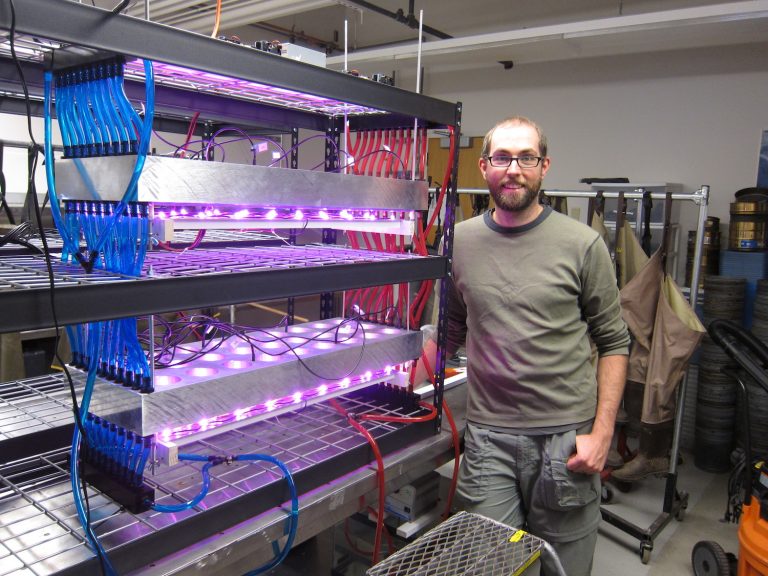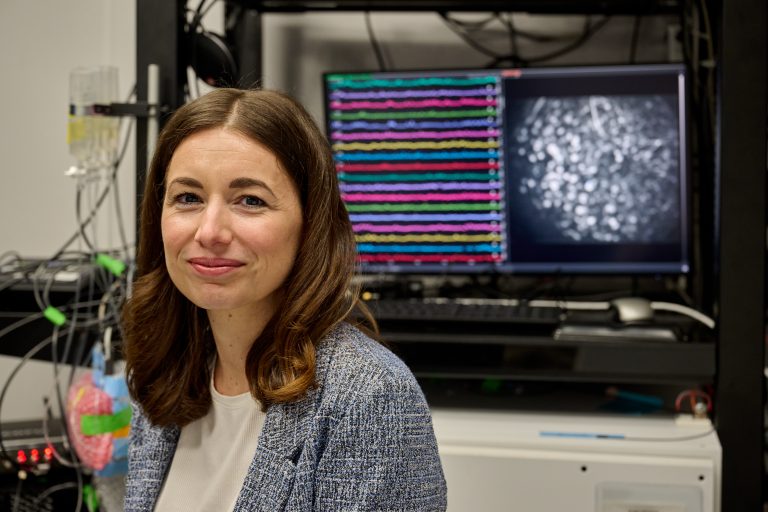Research
The College of Liberal Arts and Sciences is home to research in the humanities and social, life, and physical sciences at UConn, leading to new collaborative paths of inquiry. The result is new knowledge that impacts Connecticut and the world, and that provides research opportunities to students at all levels.
Research Highlights
‘There’s no single experience in human life that’s more important than the experience of being cared about by the people who are most important to you’
- category: clas+research
- columns: 4
- pictures: true
- number-of-posts: 1
- show-excerpt: true
- safe-fetch: 1
- category: clas+research
- columns: 4
- offset: 1
- pictures: true
- number-of-posts: 3
- safe-fetch: 1
Research Support and Funding
CLAS Resources
The College offers several services to help its researchers secure funding and make efficient use of their resources:
Internal Funding Opportunities
The College provides funding for CLAS initiatives across UConn's five campuses, focusing on projects that align with goals in the CLAS Strategic Plan. For more information, please contact clas@uconn.edu.
Business Center
The Business Center oversees the financial, administrative, and human resources in the College of Liberal Arts and Sciences. For more information, please contact bsc@uconn.edu.
CLAS Information Technology (IT)
CLAS IT consults with researchers in the College to understand their computer, software, and other IT needs and find cost-effective, sustainable solutions. For more information, please email clasit@uconn.edu or create a request.
Grant Management Services (GMS)
GMS provides hands-on assistance to faculty and staff as they apply for, secure, and track their grants and awards. For more information, please contact clasgrants@uconn.edu.
University and External Resources
UConn Funding Opportunities
Office of the Vice President for Research - Internal Funding Opportunities
The OVPR supports faculty research, scholarship, and creative endeavors through a wide range of internal funding programs.
Office of National Scholarships and Fellowship
This office helps students apply for funding at the national level to perform research activities and travel. For more information, please contact onsf@uconn.edu.
UConn Humanities Institute (UCHI)
UCHI funds year-long internal fellowships, funding for colloquia, workshops, and reading groups, and sponsors numerous events and speaking series. For more information, please contact uchi@uconn.edu.
UConn Research Tools
Center for Open Research Resources and Equipment (COR2E)
COR2E is a group of collectively managed UConn core research facilities and portals that span the sciences, social sciences, and humanities.
Lincus
Lincus is a database of UConn researchers and topics they study. This internal resource is useful for finding other researchers connected to work you are interested in.
Qualtrics
Qualtrics is a free survey research and polling platform for use by UConn employees.
UConn Archives and Special Collections
The UConn Archives and Special Collections houses manuscripts, rare books, illustrations, documents, and publications archives, with special emphases in the humanities and social sciences.
UConn Library Research Guides
Research guides on subjects spanning the sciences, social sciences, and humanities. For more information, please contact the appropriate subject specialist.
External Partners
American Council of Learned Societies (ACLS)
UConn is a member of the ACLS, which sponsors grants and fellowships, particularly in the humanities. For more information, please contact uchi@uconn.edu.
Center for the Integration of Research, Teaching and Learning (CIRTL)
CIRTL seeks to enhance excellence in STEM undergraduate education through the development of a national faculty committed to implementing and advancing evidence-based teaching practices for diverse learners. For more information, please contact cetl@uconn.edu.
Folger Institute (Folger Shakespeare Library)
The University of Connecticut is a part of the consortium of member institutions, which allows faculty, graduate students, and undergraduate students to participate in their programs on early modern humanities.
Inter-University Consortium for Political and Social Research (ICPSR)
ICPSR advances and expands social and behavioral research, acting as a global leader in data stewardship and providing rich data resources and responsive educational opportunities for present and future generations.
For Current and Prospective Students
Current CLAS undergraduates who want to work on research with a faculty member should contact the Office of Undergraduate Research to get started.
Prospective graduate students interested in research in CLAS departments can learn more about our graduate programs on the Graduate School's website.
Academic Themes
As the liberal arts and sciences college at Connecticut’s land-grant, flagship Research 1 university, our research is firmly rooted in core disciplines represented across our units. These disciplines serve as the foundations for basic inquiry and as pillars supporting novel interdisciplinary scholarship.
The below Academic Themes reflect the CLAS Strategic Plan’s areas of focus for research growth. They guide priorities for investment at the College level and serve as inspirations for our community's research.
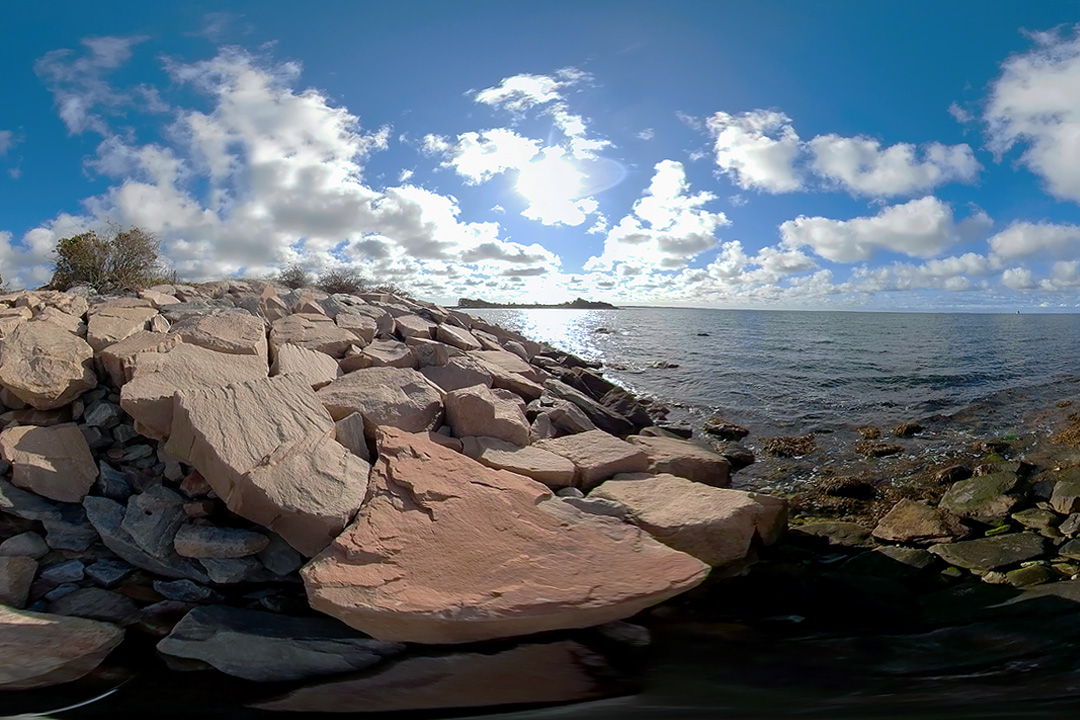
The Earth and Its Future
Work in this area involves organisms and ecosystems, biodiversity, natural resources, and the social and humanistic elements of our world, such as human-environment interactions, environmental movements, environmental justice, climate change, and sustainability.
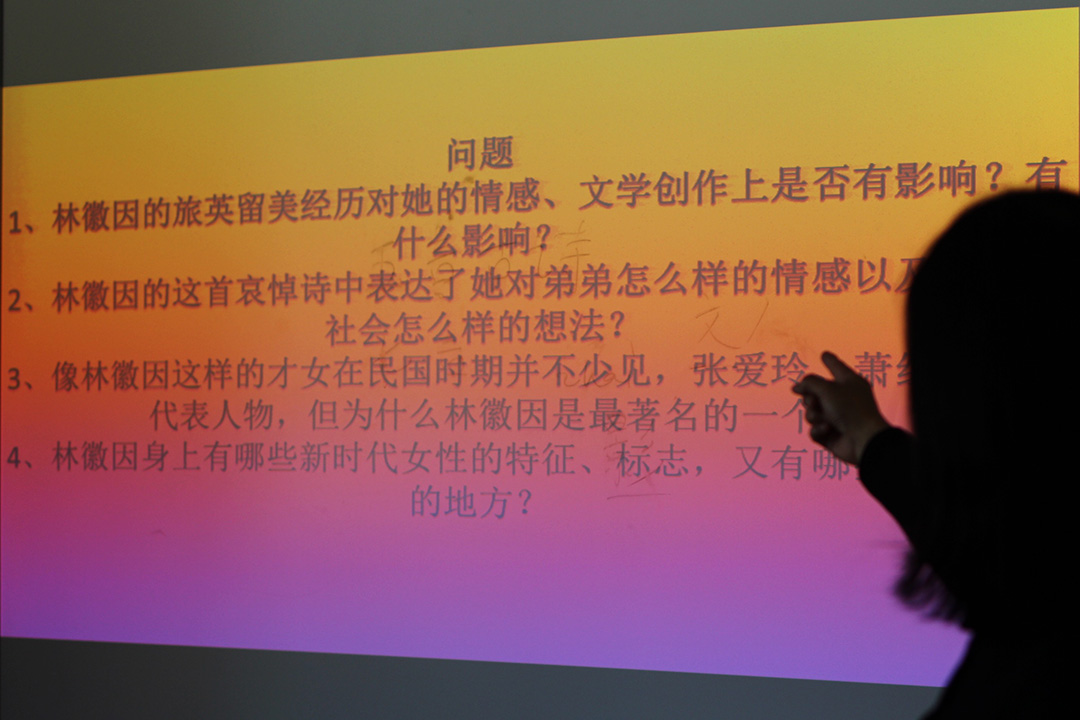
Sustainable Systems, Global Resources, and World Cultures
This theme covers globalization, transnationalism, diasporas, non-Western cultures and philosophies, and critical area studies. It also includes the study of Earth’s resources and integrating Indigenous knowledge systems into natural resource planning.

Big Data: Science, Policy, and Ethics
Scholarship in big data spans from the sciences to the humanities, using data science tools such as modeling, meta-analyses, and high-performance computing. Examples include statistical methods development, artificial intelligence, digital humanities, data ethics, climate change, astrophysics, and risk assessment.
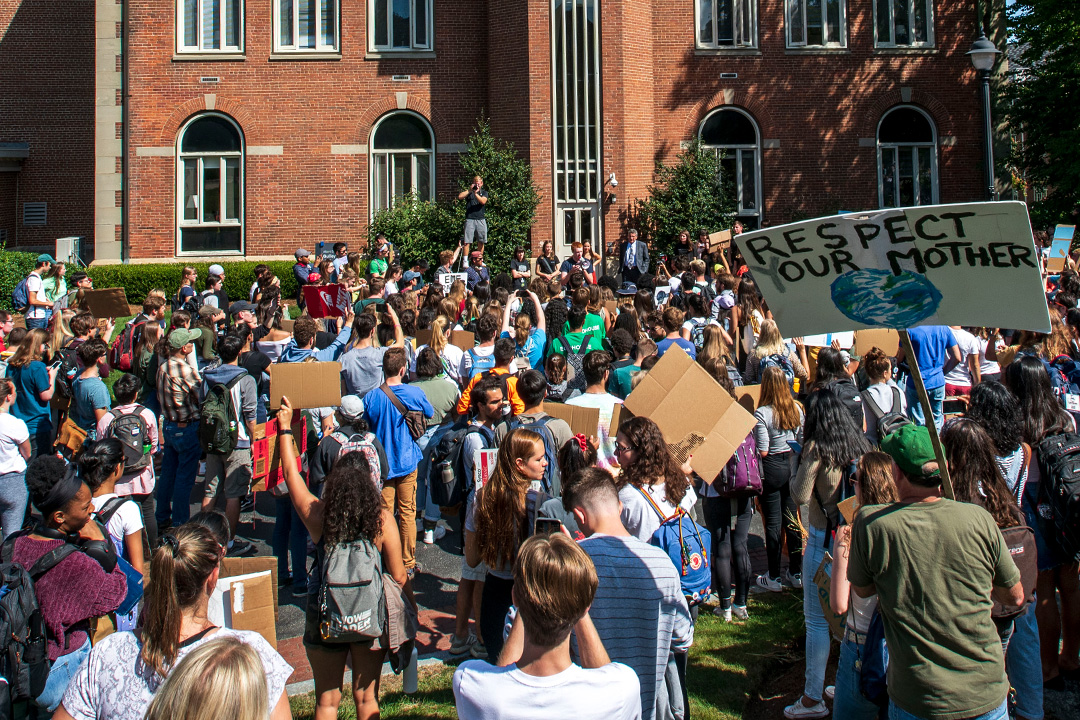
Inequalities, Social Justice, Truth, and Belief
This work spans anti-racism research, gender and sexuality studies, critical ethnic studies, Native American and Indigenous studies, social movements, and activism. Connecting fields like philosophy, history, and culture, it engages questions related to civic and scientific literacy, media, communication, public discourse, and free speech.
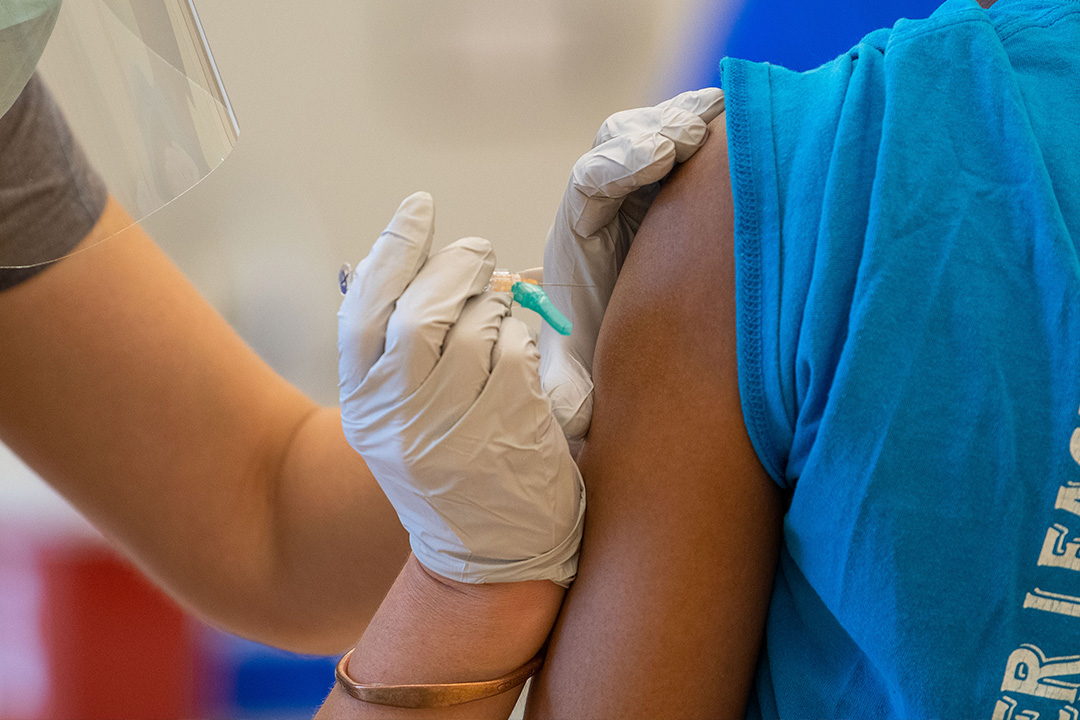
Health, Disease, and Well-Being
Questions about human health and its stressors make up this theme, including health disparities, disability studies, aging and gerontology, and a range of topics related to mental health. Research across the College is conducted at levels from molecules and cells to organisms, societies, and ecosystems.
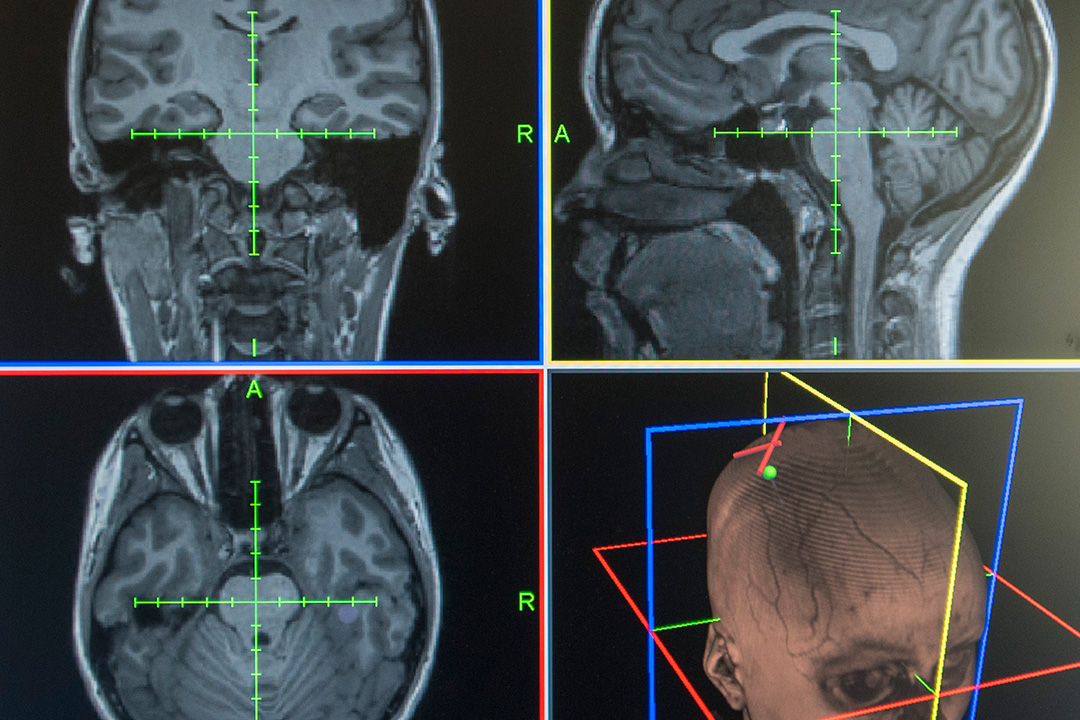
Brain, Mind, Language, and Logic
Neuroscience and cognition are at the forefront of this theme, which includes studying fundamental neural mechanisms in model systems, language acquisition, writing and interpretation of language, learning and learning disabilities, speech and hearing, bi- and multi-lingual communication, perception, and philosophy of mind and reasoning.

